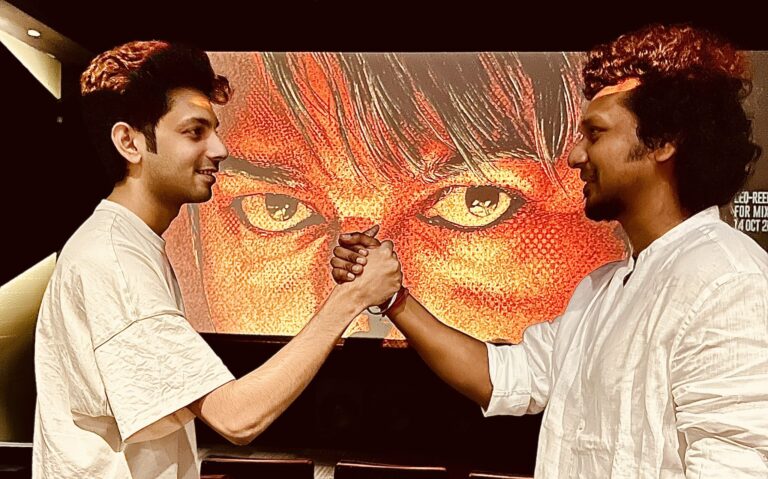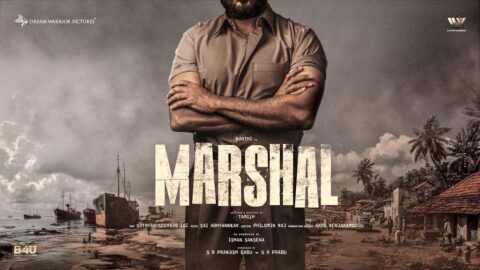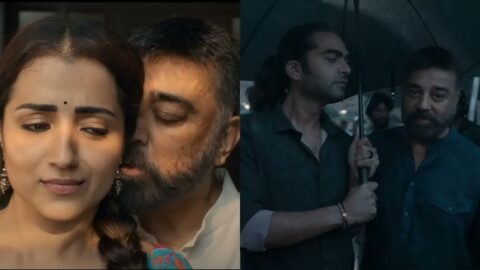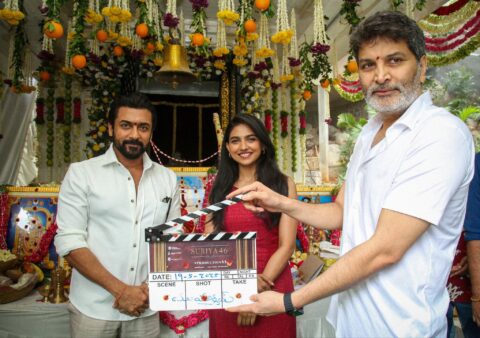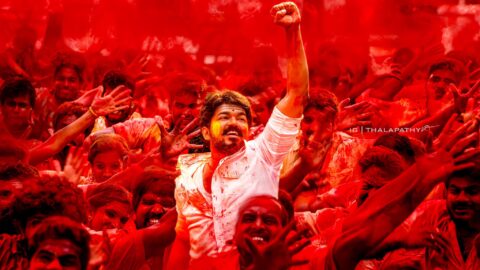August 11, 2025 | Chennai, India
In a recent interview, Indian music composer Anirudh Ravichander, a prominent figure in the Tamil film industry, revealed his use of artificial intelligence, specifically ChatGPT, to assist in crafting lyrics for his latest projects, including the film Coolie. This admission has ignited a firestorm of criticism from fans, lyricists, and music enthusiasts, raising questions about the role of AI in creative industries and its impact on traditional songwriting. The controversy highlights a broader tension between technological innovation and the preservation of artistic depth, with some accusing Ravichander of undermining the craft of lyricists and singers.
Ravichander, often hailed as a trailblazer for his catchy compositions and genre-blending music, openly discussed using AI to generate lyrics, referring to the tool as a creative aid nicknamed “Heisenberg.” However, the revelation has drawn sharp criticism, particularly over lyrics like “Dei… Navura Dei, Thalra Dei, Sound-ah ethu, Deva varande,” which some fans and critics have described as simplistic and lacking the emotional and cultural resonance of traditional songwriting. Social media platforms have been abuzz with disappointment, with users lamenting the shift from the composer’s earlier work, which was celebrated for its originality and vibrancy.
“Honestly, so disappointed by Anirudh’s blatant use of AI in his recent works,” wrote one user. “What happened to the man who produced banger after banger that all sounded unique?” Another user criticized the move as a curse to singers and writers, arguing that AI-generated lyrics lack the soul and authenticity derived from human experience. “You’re just a sound mixer, never call yourself an artist,” they added, reflecting a growing sentiment that Ravichander’s reliance on AI diminishes the contributions of seasoned lyricists.
Traditional lyricists in the Indian music industry draw from a rich tapestry of cultural heritage, personal experiences, and literary knowledge to craft songs that resonate deeply with audiences. The use of AI tools like ChatGPT, which generate text based on patterns and data rather than lived experience, has raised concerns about the erosion of this craft. Critics argue that AI-generated lyrics often lack the emotional depth and cultural nuance that define iconic songs, potentially lowering the overall quality of music in the industry.
The controversy comes at a time when AI’s role in creative industries is under global scrutiny. From Hollywood to Bollywood, debates over AI’s impact on jobs and artistic integrity are intensifying. In India, where music is a cornerstone of cultural expression, Ravichander’s embrace of AI has sparked fears that lyricists and singers, already struggling in a highly competitive industry, may face further marginalization. The shift toward technology-driven creativity could sideline talents who rely on their lived experiences and deep cultural understanding to produce meaningful art.
However, some defend Ravichander’s approach, viewing it as an innovative way to adapt to modern demands. Supporters argue that AI can serve as a tool to spark creativity, allowing artists to explore new ideas while maintaining their unique voice. Ravichander himself has emphasized that AI is merely an aid, not a replacement for human creativity, and that his work on Coolie reflects a blend of technology and artistry.
The debate over Ravichander’s methods underscores a broader question facing the global music industry: can AI-generated content coexist with the human artistry that has long defined music’s emotional and cultural impact? As the Tamil film industry continues to evolve, the controversy surrounding Ravichander’s AI experiments serves as a microcosm of this larger tension. For now, fans and critics alike await the release of Coolie to judge whether this fusion of technology and music will redefine or diminish the art of songwriting.
Disclaimer: Views expressed on social media platforms are not conclusive evidence and reflect individual opinions. The impact of AI on the music industry remains an evolving discussion.

